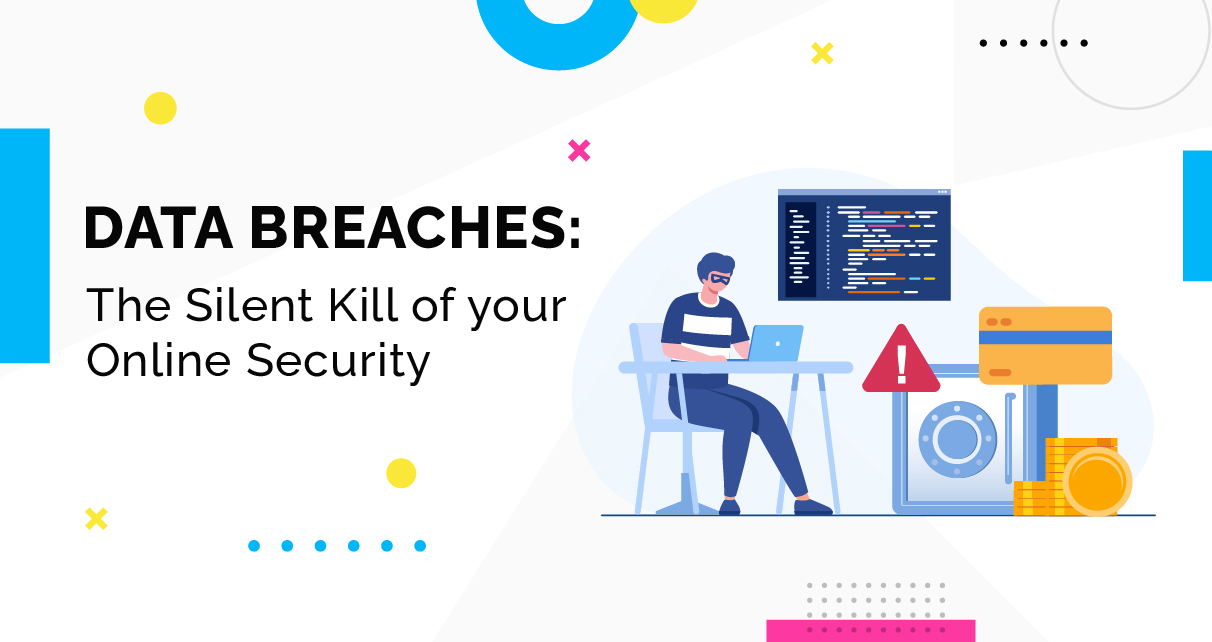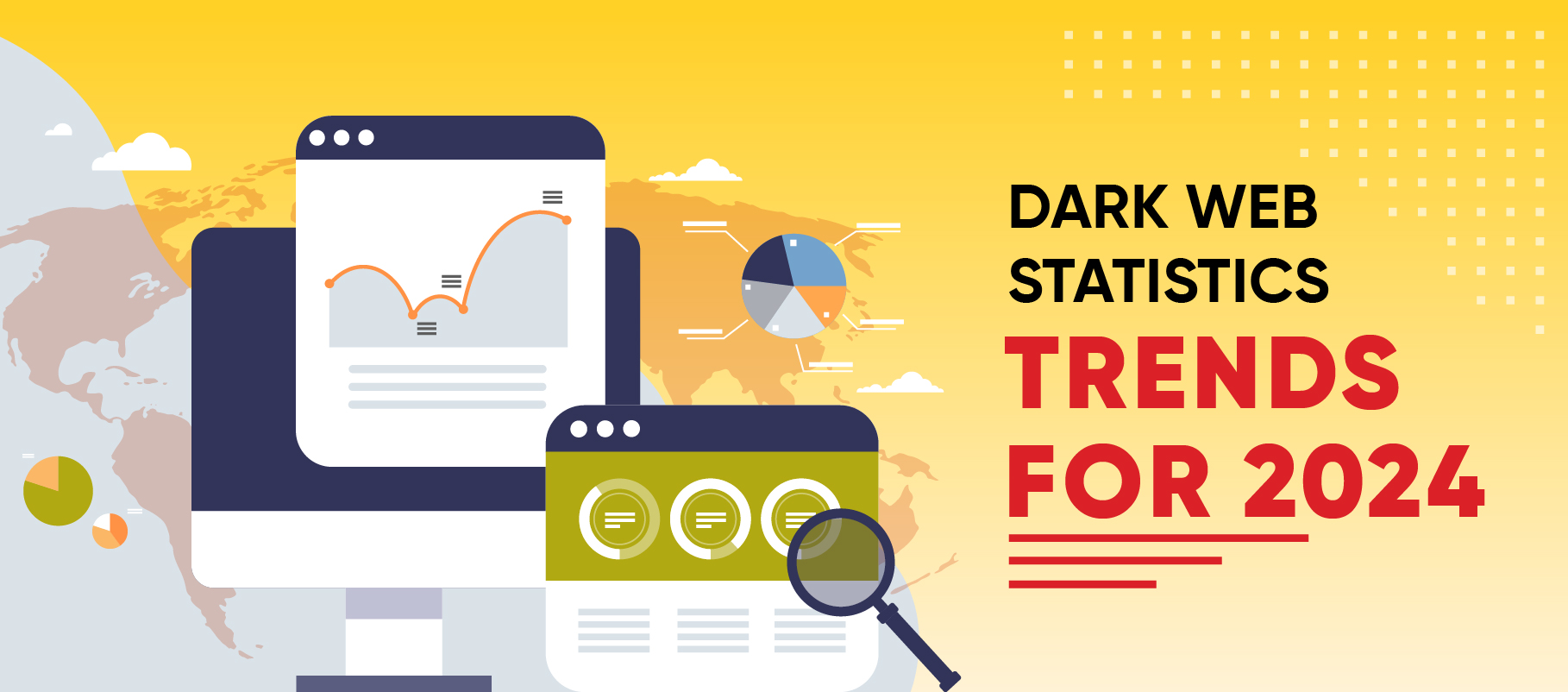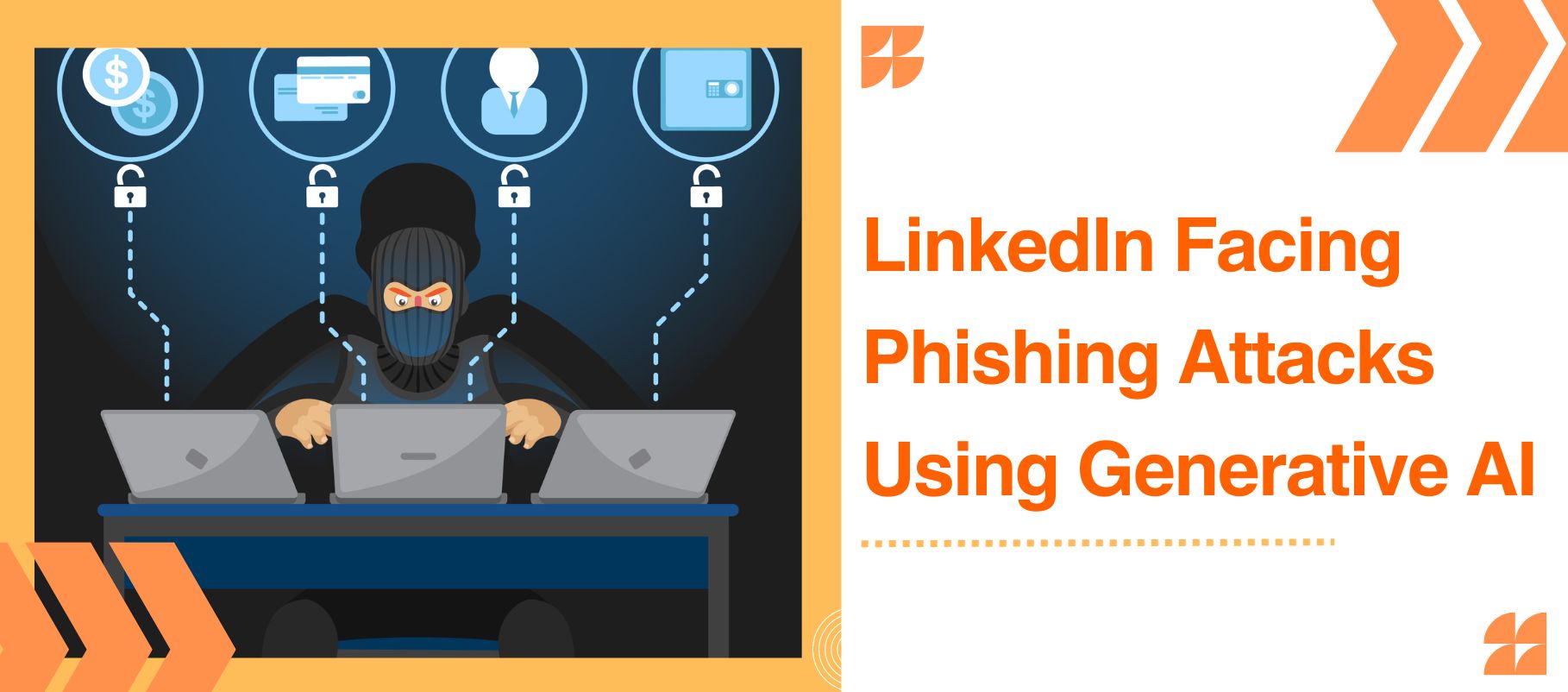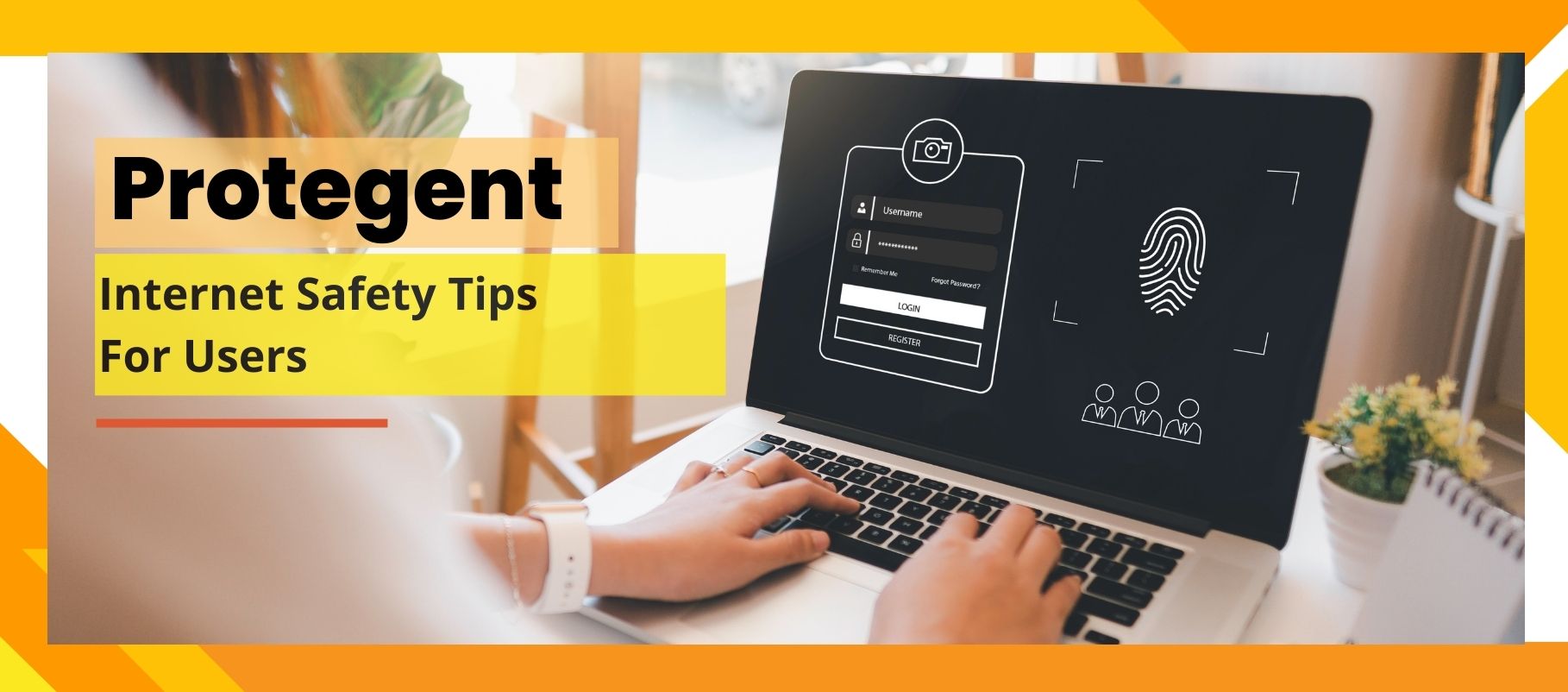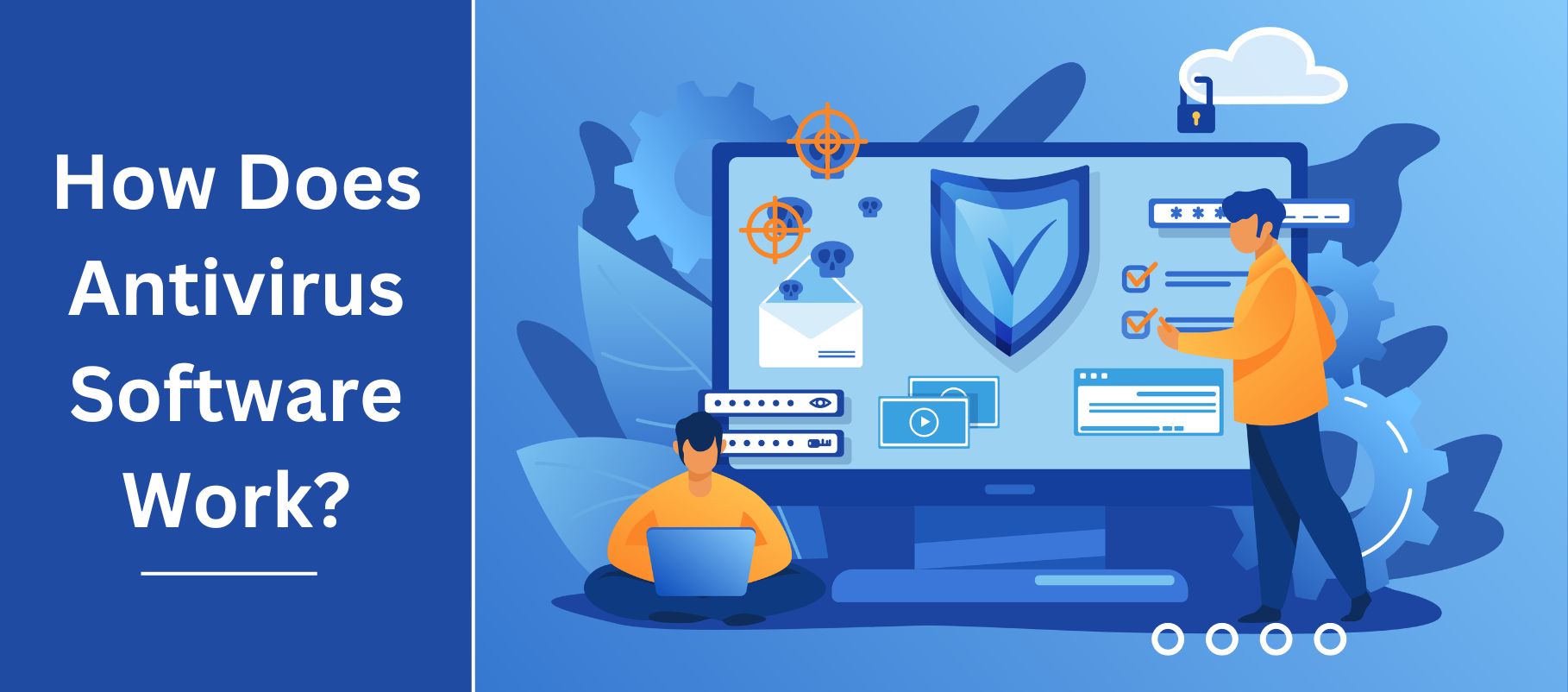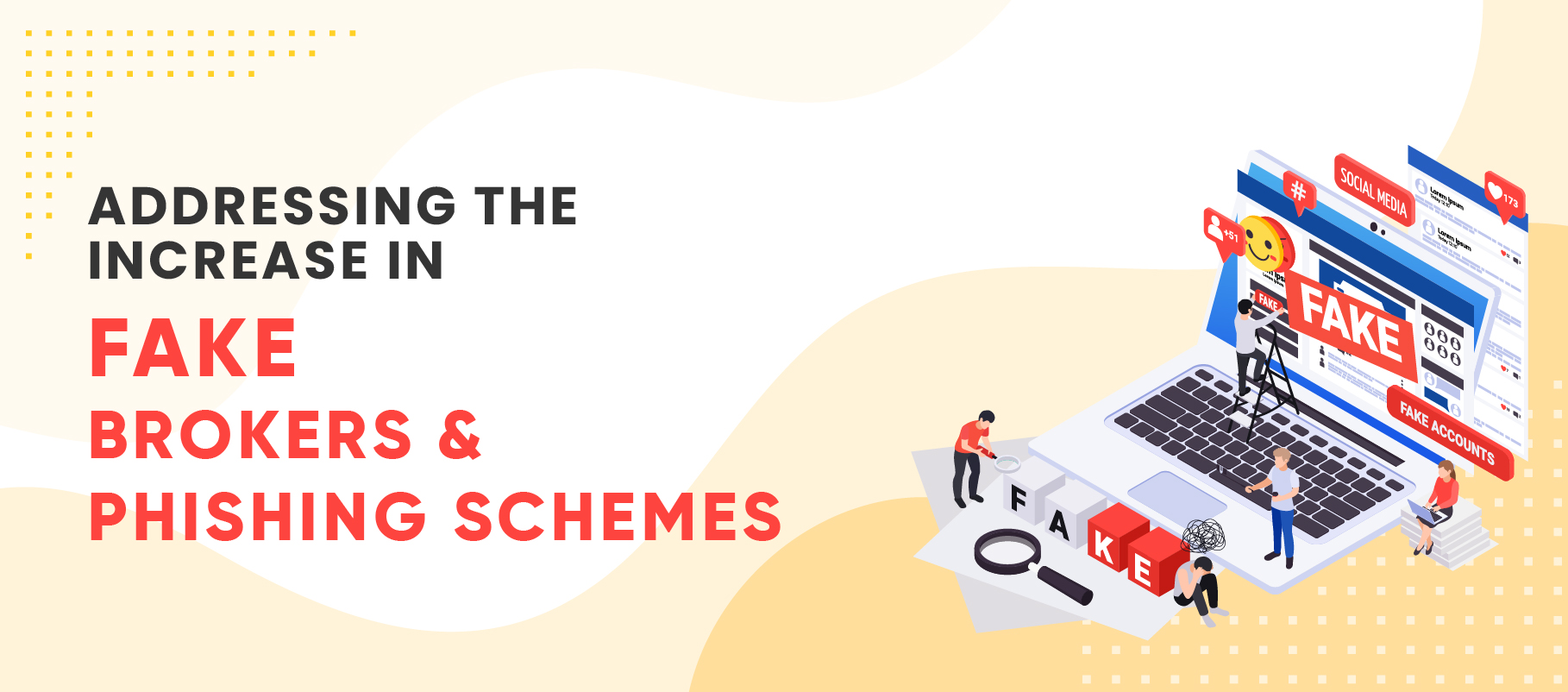20% Indians Hit by Cyber Threats: Best Antivirus for Laptops in 2024
Did you recently buy a new computer during the holiday season? It must have come equipped with a Free Antivirus Software trial, extending for a month or more. While this initial protection is a valuable addition, relying solely on free antivirus software may leave you inadequately defended. For a more robust shield against cyber threats, it's advisable to explore beyond the offerings of free antivirus applications. Neglecting to employ antivirus protection puts your personal information, data, and even your bank account at risk. In a recent study, India witnessed a significant surge in cyberattacks in the first quarter of 2024, with a substantial 20% of internet users becoming victims of cyber threats, highlighting the growing vulnerability of online users in the country. During the same timeframe, a significant proportion of users were exposed to online dangers, with 22.9% facing web-based threats, while 20.1%
Read More


